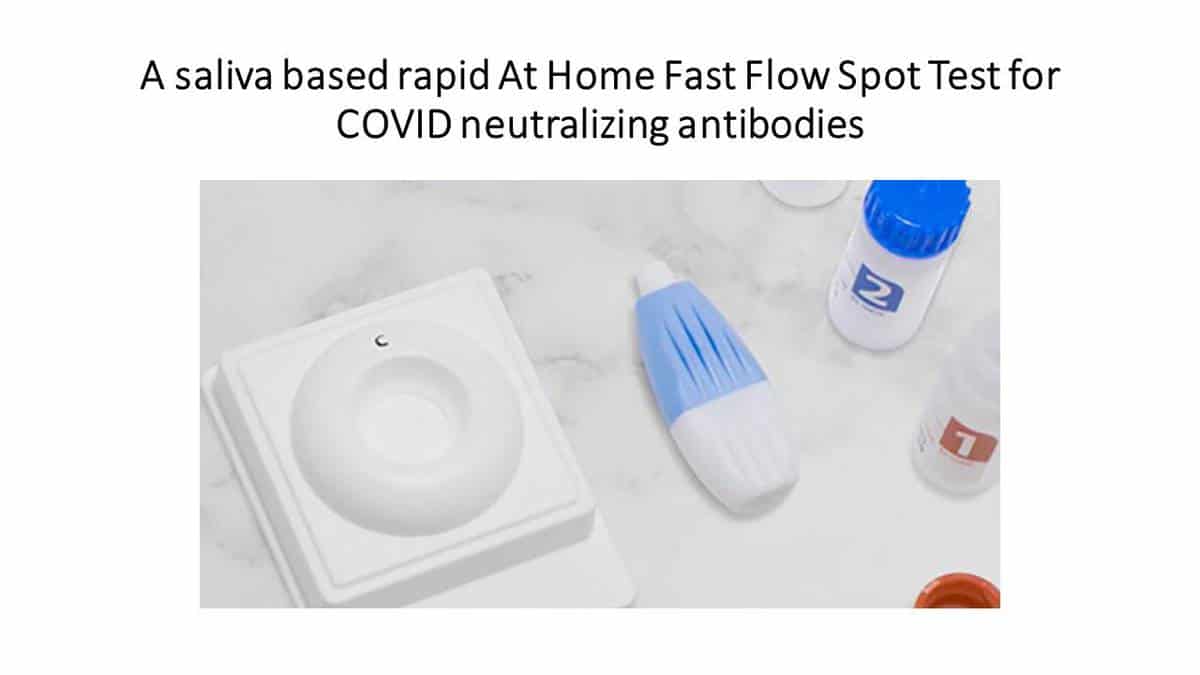
Hyderabad: City-based startup ReaGene Innovations Pvt Ltd, incubated at the University of Hyderabad (UoH), has developed two diagnostic tests ELISA and FAST FLOW SPOT to detect neutralising activity of samples in response to COVID-19 vaccination.
ReaGene Innovations has now entered a partnership with Lay Science Inc USA, a global leader in innovative products for COVID-19. Under the terms of the agreement, Lay Science will pay for development of the two patent pending diagnostics through commercialization and ReaGene Innovations will receive royalty payments upon the successful launch of the ELISA as well as the FAST FLOW SPOT diagnostic tests, said a press release from UoH on Thursday.
Following any vaccine against COVID-19, the body develops neutralising antibodies which help fight the virus and is thus protective against infection. The degree of protection offered by the vaccine depends on the neutralising antibodies that are generated by the individual’s immune system, the release added.
The FAST FLOW SPOT COVID-19 diagnostic test is a single user test that can be used by individuals in a “home” setting. Both diagnostics differ from other tests that measure neutralizing antibodies in blood samples because ReaGene Innovations’ tests only need individual’s saliva sample.
Shedding light on ELISA and FAST FLOW SPOT COVIID-19 diagnostic tests, scientific co-founder of ReaGene Innovations, Dr. Uday Saxena, who led these discoveries said, “Collaboration is important as it requires a concerted team effort to fight and win against a virus like COVID-19 the likes of which we have never seen before. I am also delighted that with the support of Lays Science, we will be able to globally launch these two tests, and which will help us in our fight against COVID-19.”
He thanked the University’s ASPIRE-BioNEST incubation centre for its support. Scientific co-founder of ReaGene Innovations, Dr. Subrahmanyam Vangala, said, “We welcome this collaborative partnership as it will accelerate the launch of these two innovative diagnostics to the patients.



